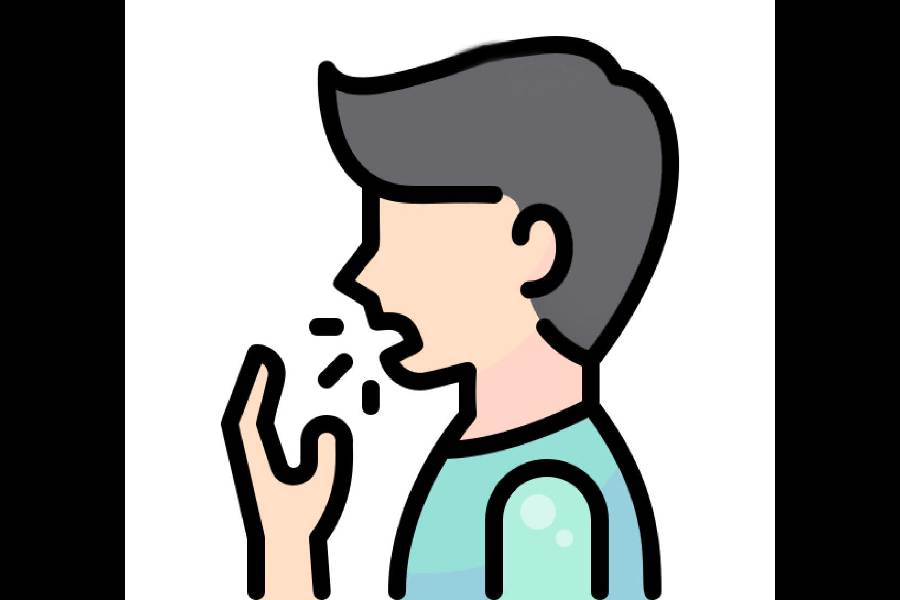The national tuberculosis control programme will provide a new all-oral three-drug treatment regimen — shorter and more effective than existing regimens — to all patients with multi-drug resistant (MDR) or extreme-drug resistant (XDR) TB, the programme’s top medical adviser announced on Friday.
The decision to offer all MDR and XDR TB patients the regimen containing bedaquiline, pretomanid, and linezolid (BPaL) comes nearly 20 months after the World Health Organization (WHO) had recommended the BPaL to all countries, citing its shorter duration and better outcomes for patients.
“India is getting ready to roll out BPaL regimen for all M/XDR TB patients — training to begin this month,” Soumya Swaminathan, the newly-appointed principal adviser to the national TB elimination programme said in a post on X on Friday. “This should improve treatment outcomes and help thousands of patients.”
Doctors and patients’ rights advocates have applauded the announcement saying the BPaL regimen has been long overdue in India. Existing regimens involve longer durations, are potentially more toxic, and have less favourable outcomes, said Animesh Sinha, a London-based physician with Medecins Sans Frontieres (MSF), the international humanitarian agency.
Clinical studies have shown that the six-month-long BPaL regimen has 89 per cent favourable treatment outcomes, in contrast to existing regimens for MDR TB which last for 18 months or longer and come with around 52 per cent favourable treatment outcomes.
“This is a momentous decision — India will finally replace the longer and less effective treatments by offering the better, safer, and shorter BPaL,” said Leena Menghaney, a lawyer with MSF. “The next step would be to introduce delamanid-based oral regimens for children and as an alternative for patients who cannot tolerate bedaquiline or linezolid,” she said.
The WHO global TB report for 2023 had estimated that around 1,10,000 patients in India fell ill with MDR TB in 2022. “India has the world’s highest absolute numbers of patients with drug-resistant TB,” said Sinha. But, he said, fewer than 1,000 patients would have received the BPaL regimen through a pilot study.
Sections of physicians and patients’ rights advocates said it was unclear to them why the government had not adopted the WHO recommendation on the BPaL regimen made in December 2022. “We assume that it was a bureaucratic delay,” said a patients’ rights advocate who requested anonymity.











